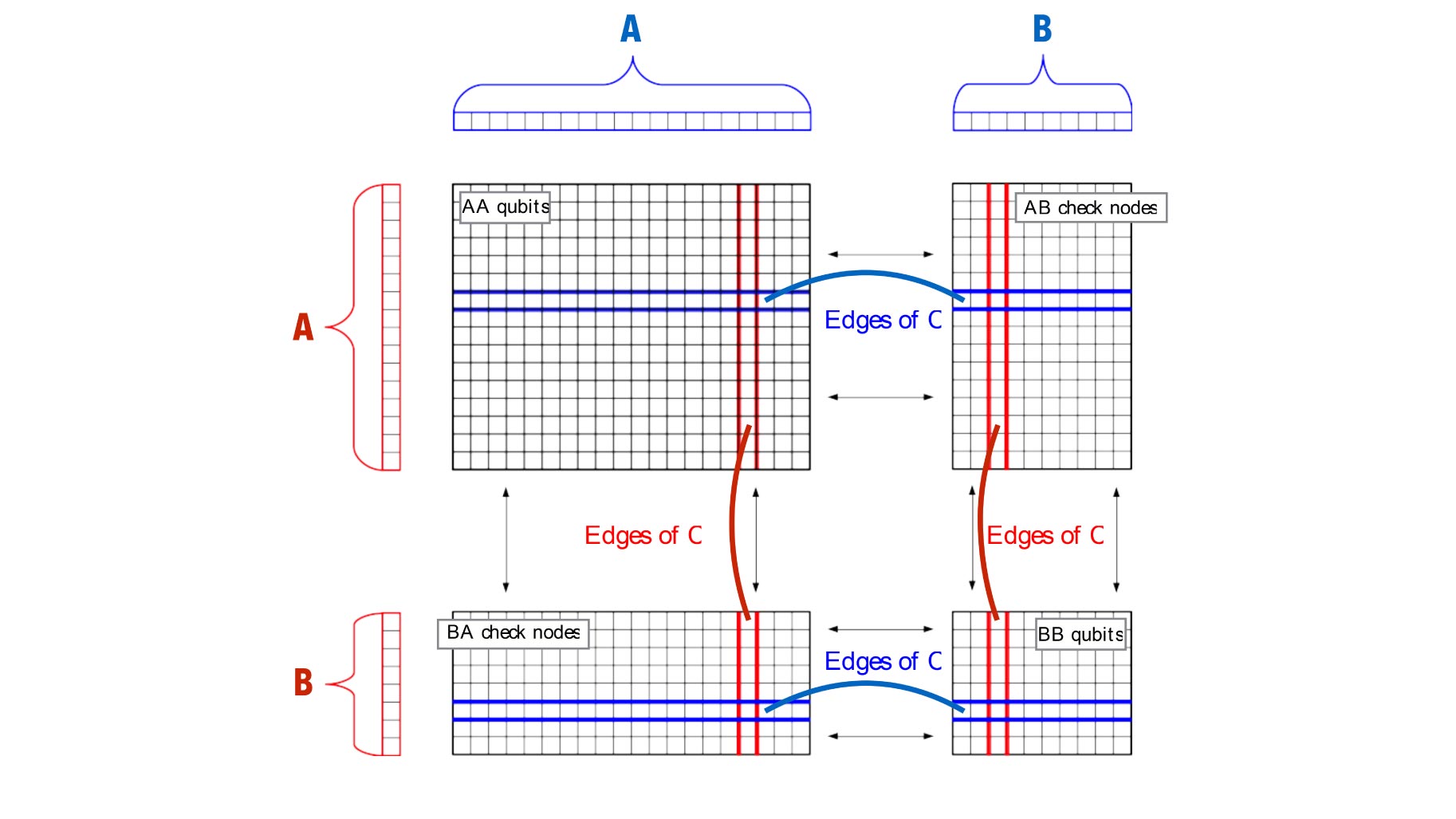Quantum information: QInfo, a new project team to explore this key issue
Date:
Changed on 26/10/2022

From cybersecurity and digital simulation to optimisation and artificial intelligence, quantum technology is revolutionising IT and its applications.
In Auvergne Rhône-Alpes, a region which is behind only Ile-de-France when it comes to quantum computing in France, Inria has joined forces with academic and industrial partners with a view towards anticipating future changes in the digital sphere linked to quantum algorithms.
This new project team, involving both the Lyon and Grenoble Alpes University Inria centres, will be supported by its partners the ENS de Lyon, Claude Bernard University Lyon 1 (UCBL) and Grenoble Alpes University. The 12 members of the team (researchers, teacher-researchers, PhD students and postdoctoral researchers) are to be split between the ENS de Lyon and the Minatec campus in Grenoble.
This is the first Inria research team in the Auvergne – Rhône-Alpes region to focus on IT and the mathematical side to processing quantum information.
The multidisciplinary team, comprised of researchers in mathematics, IT and physics, will be based in both Grenoble and Lyon, giving it access to the complementary skill sets of its members.
Permanent members of the team:
Omar Fawzi, head of QInfo (Director of Research, Inria)
Alastair Abbott (Research fellow, Inria)
Guillaume Aubrun (Lecturer, UCBL)
Daniel Stilck França (Inria Starting Faculty Position, Inria)
Mischa Woods (Research fellow, Inria)
Quantum computers will have significant potential when it comes to processing, communication and cryptography. As a result, IT has to be rethought, which will include developing new algorithms.
The information processing devices currently available with the capacity to make use of the laws of quantum theory are all affected by unwanted noise: the actual performance of a device only roughly corresponds to the model it was designed for. Such differences can prove highly damaging when it comes to information processing. In the context of quantum computing, for example, a build-up of noise can render a result completely unusable.
QInfo's aim is to develop mathematical methods and algorithms which are capable of effectively reducing the adverse effects caused by noise on tasks involving the processing of quantum information.
Here are a few of the questions the team will be seeking to find answers to:
Here are some of the things the team is aiming to achieve:
The research carried out by the team could prove beneficial in a range of different fields, from analysing quantum cryptography protocols and identifying new applications for quantum computers to the ultimate goal: the development of a quantum computer.
Opened on 1st January 2022
15 project teams
Close to 300 Inria employees (administrative staff, engineers, researchers, PhD students)
3 ERC grant winners among the project teams
14 start-ups which began life within project teams
Research themes:
Verbatim
This team is vitally important to the Inria Lyon Centre as it proves that, if the will is there, it is possible to begin research activity on a new subject such as quantum computing within a few years starting from scratch. It moves our region, Auvergne Rhône-Alpes, into the quantum computing sphere, which it will be crucial to develop alongside the physics/infrastructure side of things. Lastly, this team will be able to act as a bridge between Lyon and Grenoble on a theme where developing collaborations is crucial, given the challenges posed by the arrival of quantum in IT.
Auteur
Poste
Head of the Inria Lyon Centre
23 project teams
420 employees (researchers, PhD students, engineers and administrative staff)
9 ERC grant winners among the project teams
20 start-ups which began life within project teams
Main research themes:
Verbatim
Quantum is set to revolutionise a whole host of fields in the digital sphere in the coming years. The creation of a team out of nothing in the Auvergne Rhône-Alpes region between the Lyon and Grenoble Alpes University Inria centres, in collaboration with the ENS de Lyon and two universities in the region, is a great opportunity. With strengths on both sides, this team will no doubt make an impact in this sector at both a French and European level.
Auteur
Poste
Head of the Grenoble Alpes University Inria Centre